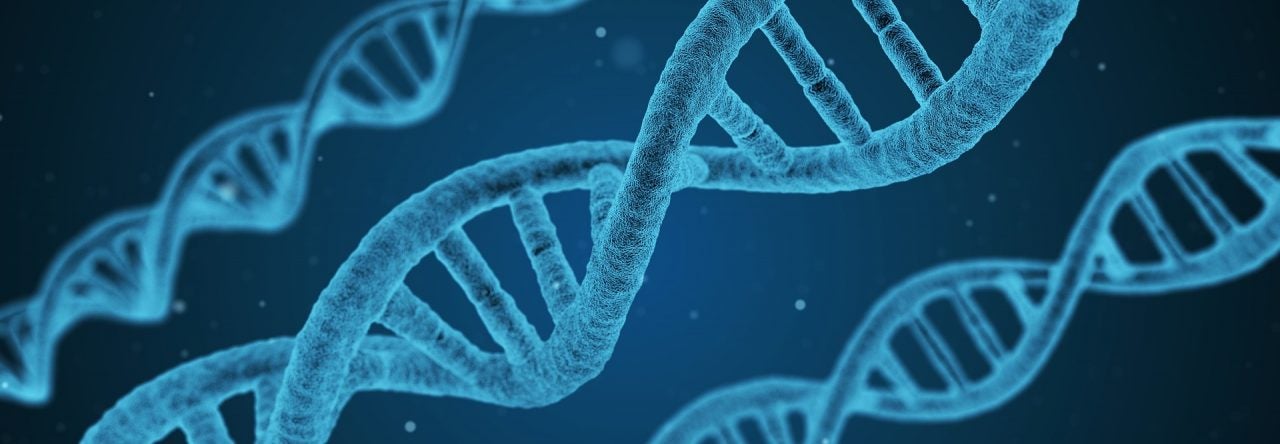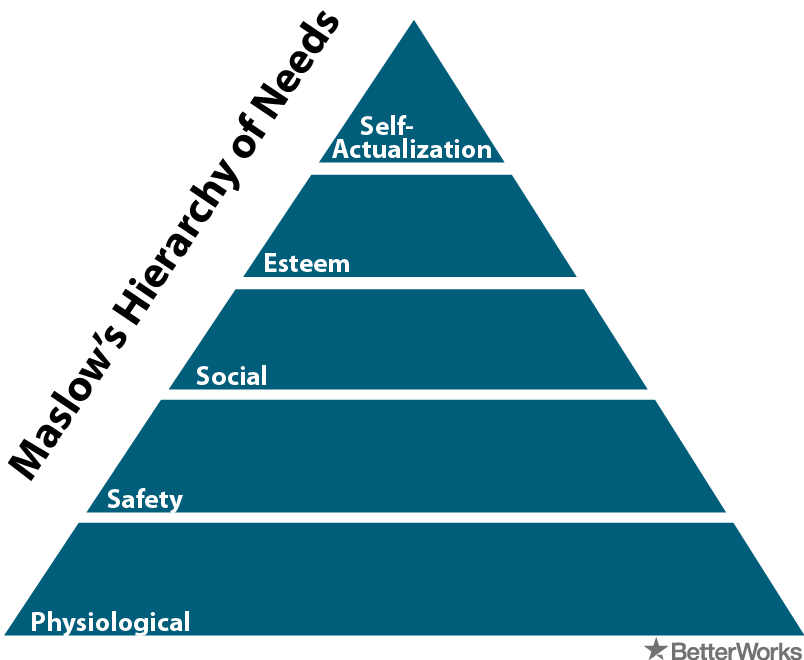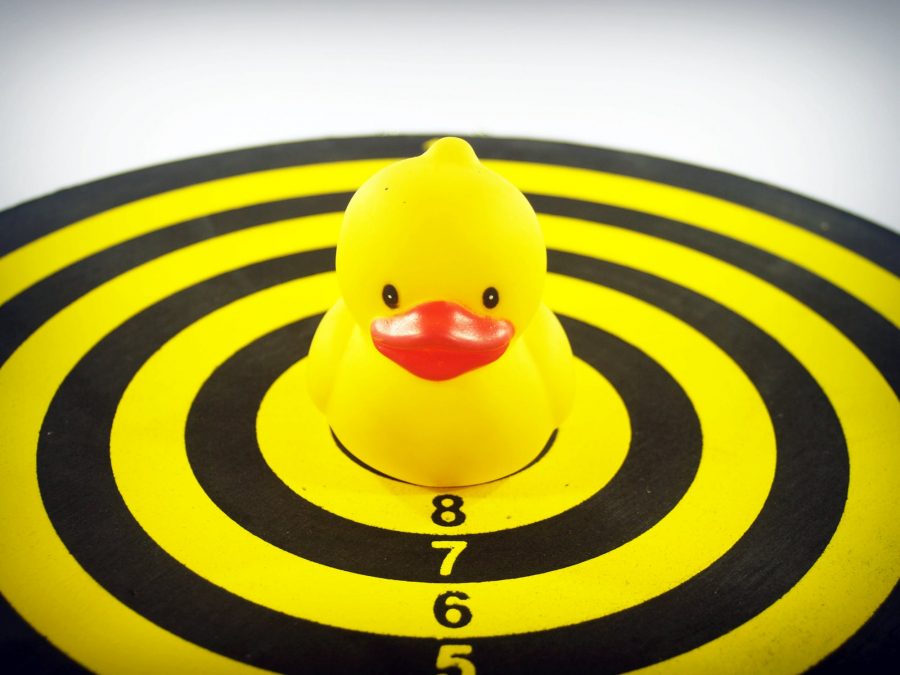When people are doing annoying things that affect you, how often do you feel they were intentionally direct towards you? Do you feel rage when someone cuts you off on the highway because you are sure they are just a**holes trying to take advantage of you? Do you think people are trying to sabotage your experiment when moving your -80C box from one location to the other? Well, sometimes yes, but often there is an alternative explanation. Someone could just be trying to rush to the hospital or simply misplaced your freezer box when searching through the racks during a rushed experiment. We often fixate on the potential negative intentions when there are plenty other possible explanations. Considering alternatives will lead you to reduce your bad days and avoid some unnecessary grudges. Hopefully, this short YouTube video from the School of Life can help you develop the skills to not rush-to-judgment on the benign intentions of others.
-Yulong
This post is edited by Keith Fraga
For any content suggestions or general recommendations, please email to UCDBioScope@gmail.com and put science 2.0 in the title







